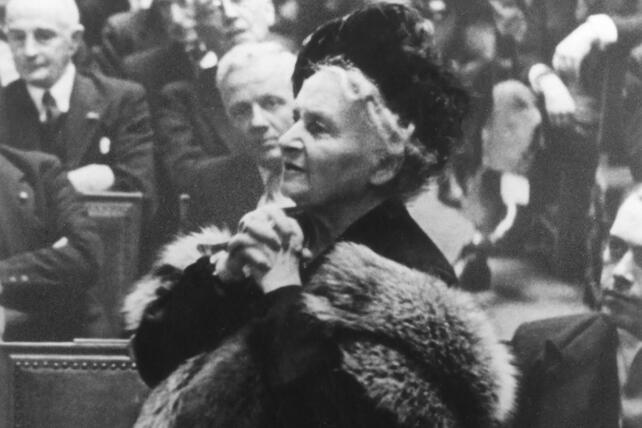Editorial Policy
A caveat regarding the editorial policy to not change some of Montessori’s gender language in some articles.
Maria Montessori studied and pioneered her revolutionary approach to education in a male dominated world, a world in which recognition of female achievement did not come easily. Being trained in the traditions of academia, Montessori naturally adopted the language that was customary in her fields of research. In her time gender-fair language was not on the agenda: male words were often used to denote the universal concept; Montessori would use the Italian il bambino—the male child to refer to all children. The same observation can be made for her use of man (l’Uomo), men and humankind, by which words she of course refers to all human beings: the human individual as representing the species, the human race without reference to gender.
In our times we have become much more sensitive to gender-fair language to help reduce gender stereotyping and discrimination. Neutralisation is essential, but where Montessori’s language could perhaps not yet reflect this deeply felt necessity, her work and offerings, both approach and educational tools, offer equality in all dimensions.
The editors of some articles contained in this archive have decided in some instances not to change Montessori’s language to better reflect today’s positions because in those instances it was considered a forced exercise to substitute every instance of these words for today’s terminology. By providing this brief background, we are convinced that whatever “sensitive” language Montessori uses, the reader will understand it must be placed in the context of her time.
